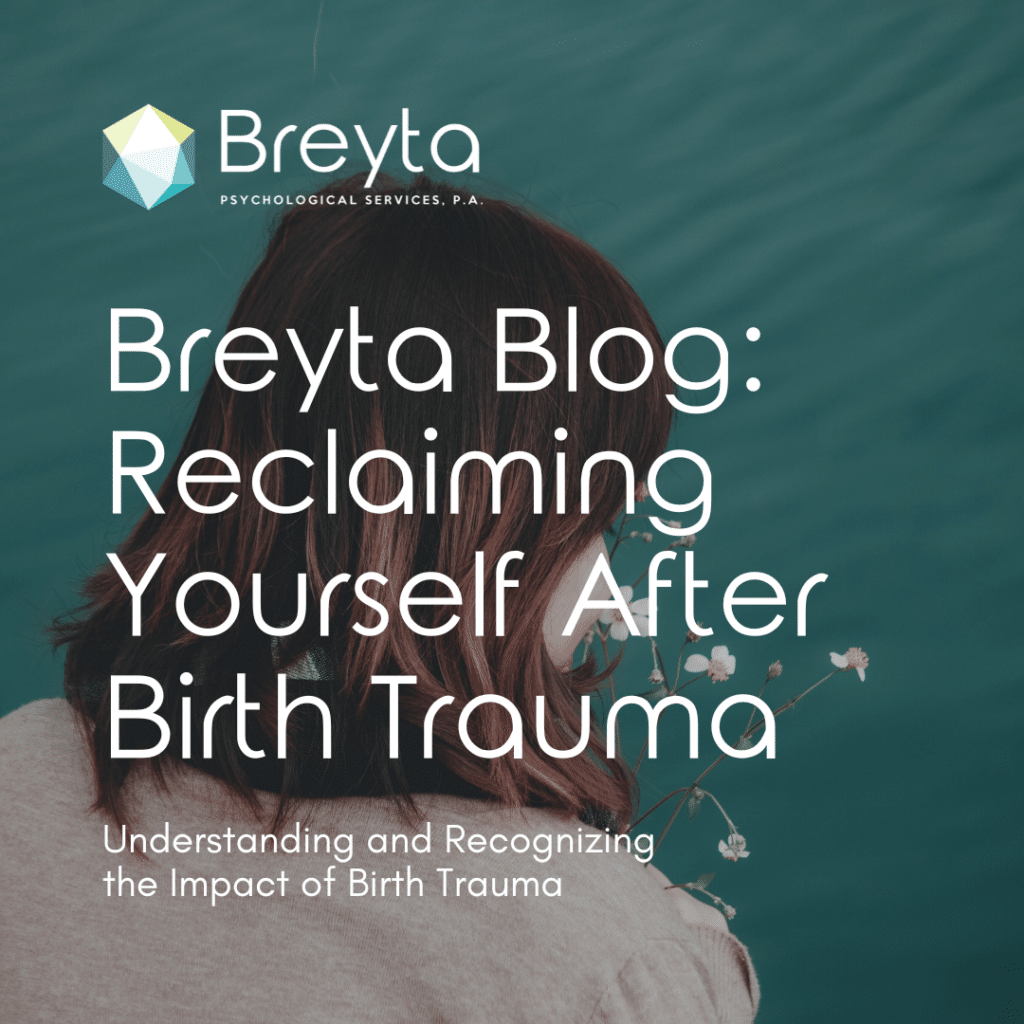by Cierra Barker Listermann, Ph.D.
What is Psychological Distress?
Psychological or Emotional Distress is generally defined as a state of emotional suffering characterized by symptoms of depression and anxiety. It is considered a transient (not long-lasting) phenomenon that is related to specific stressors, which typically subsides when either the stressor is removed, or the individual adapts to the stressor.
Individuals experiencing psychological distress may exhibit different symptoms ranging from mild to severe. The most observable signs of psychological distress include anxiety, panic attacks, irritability, and tearfulness, all of which are usually experienced immediately after the event. The cause of the emotional distress and an individual’s coping mechanisms generally determine how they are affected.
We have all experienced distressing situations in our lives at one point or another, or sometimes just struggle to get through the day. What do you do in these moments? How do you cope?
Distress Tolerance: There’s A Kit For That
Building your own individualized distress tolerance kit could be a helpful way to provide self-soothing and comfort in times of intense or distressing emotions. You an be creative and curate kits personally customized to fit your needs and tailor it to the setting (for example: you may create a smaller kit to be able to take to work with you or keep in your car versus a larger one at home with different distress tolerance skills). The goal is to improve your distress tolerance by easily accessing your kit to quickly and effectively calm, ground, and self-soothe to regulate your emotions and alleviate the emotional distress response you are experiencing.
One aspect of distress tolerance includes mindfulness which relates to our five senses; sight, hearing, smell, taste and touch. When experiencing a situation of emotional distress, it is very helpful to try to relax by engaging in an activity that includes one of the five senses. Locate items or activities that you can engage in that can nurture your senses and help you ground in the moment.
Here are some reflective prompts and examples to help you curate and individualize activities and items using your five senses to build your distress tolerance kit:
1. Sight
-Think of your happy place, favorite locations with positive memories, or something pleasant you can focus your attention on.
-Pictures of friends and family, pictures of your favorite place or calming scenery, a book, sketchbook, coloring books, gaming device, journal, affirmation cards, postcards, etc.
2. Smell

-Think of some of your favorite smells. Which ones really bring you back to a joyful moment?
-Incense, essential oils, candles, coffee beans, room spray, vanilla pods/cinnamon sticks, lotion, etc.
3. Taste
-Which tastes do you prefer? Which ones can really distract you and bring you joy? Sour, sweet, tangy, salty?
-Favorite foods, candy (sweet or sour), beverage, crunchy snacks, gum/mints, etc.
4. Touch
-What kind of touch sensations do you like? What kinds of fabric material are you attracted to? What temperatures calm you down when you’re emotional?
-Water beads, fuzzy socks, weighted blanket, slime, teddy bear, silk scarf, fuzzy blanket, rocks and crystals that are different temperatures, massage ball, head massager, fidget toys, putty, worry stones, etc.
5. Sound

-Find something soothing to listen to that brings you joy or comfort.
-Noise cancelling headphones, your favorite music/playlist, rain stick, singing bowl, podcasts, guided meditation, audio book, listening to nature sounds, etc.
Have fun making your kits and try keeping more than one on hand for different occasions.
Dr. Cierra Barker Listermann is a licensed psychologist in North Carolina who specializes in treating trauma and PTSD, depression, anxiety, LGBTQ+, adjustment, burnout, stress, life transitions, family of origin concerns, relationship problems, women’s issues, mood disorders, and chronic pain. She offers individual and group therapy. Her recent groups include Teacher Support and Caregiver Support. If you would like to make an appointment with Dr. Listermann or join one of her groups, contact us today!





